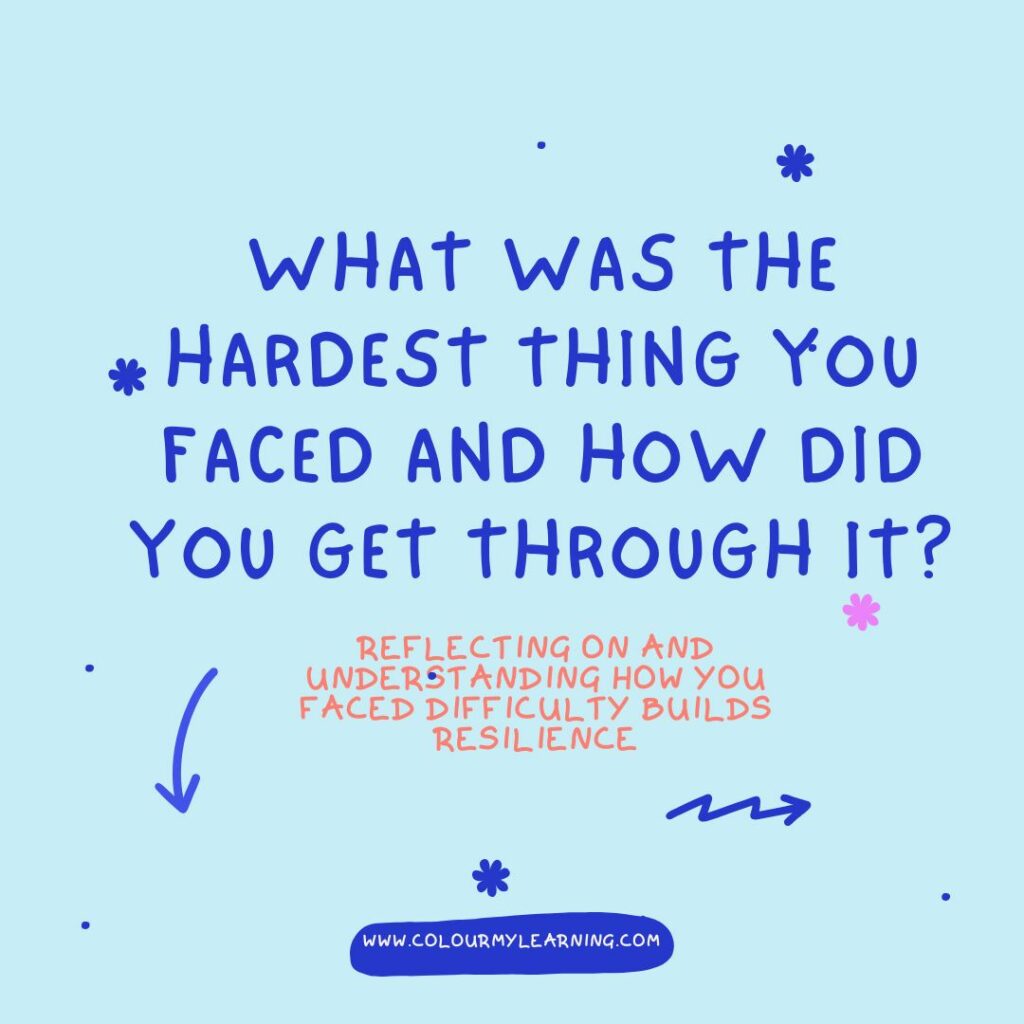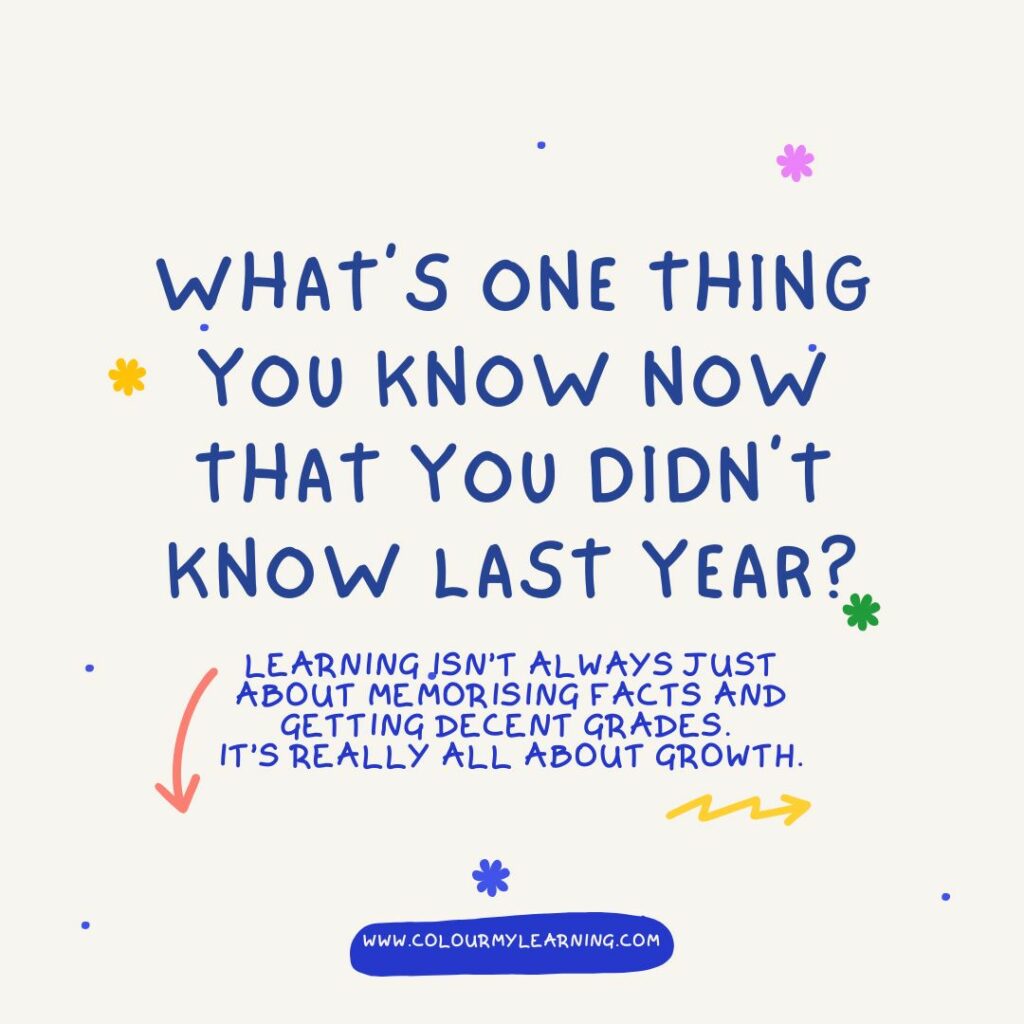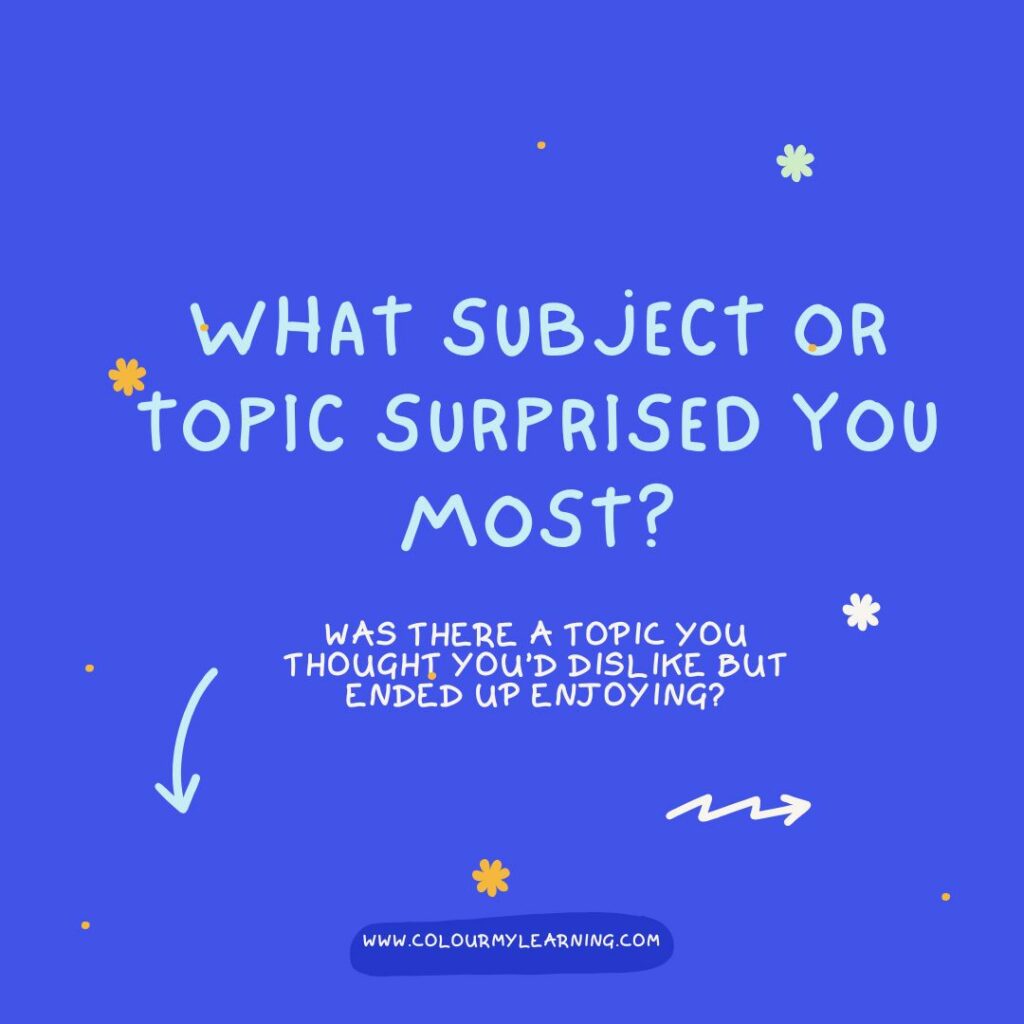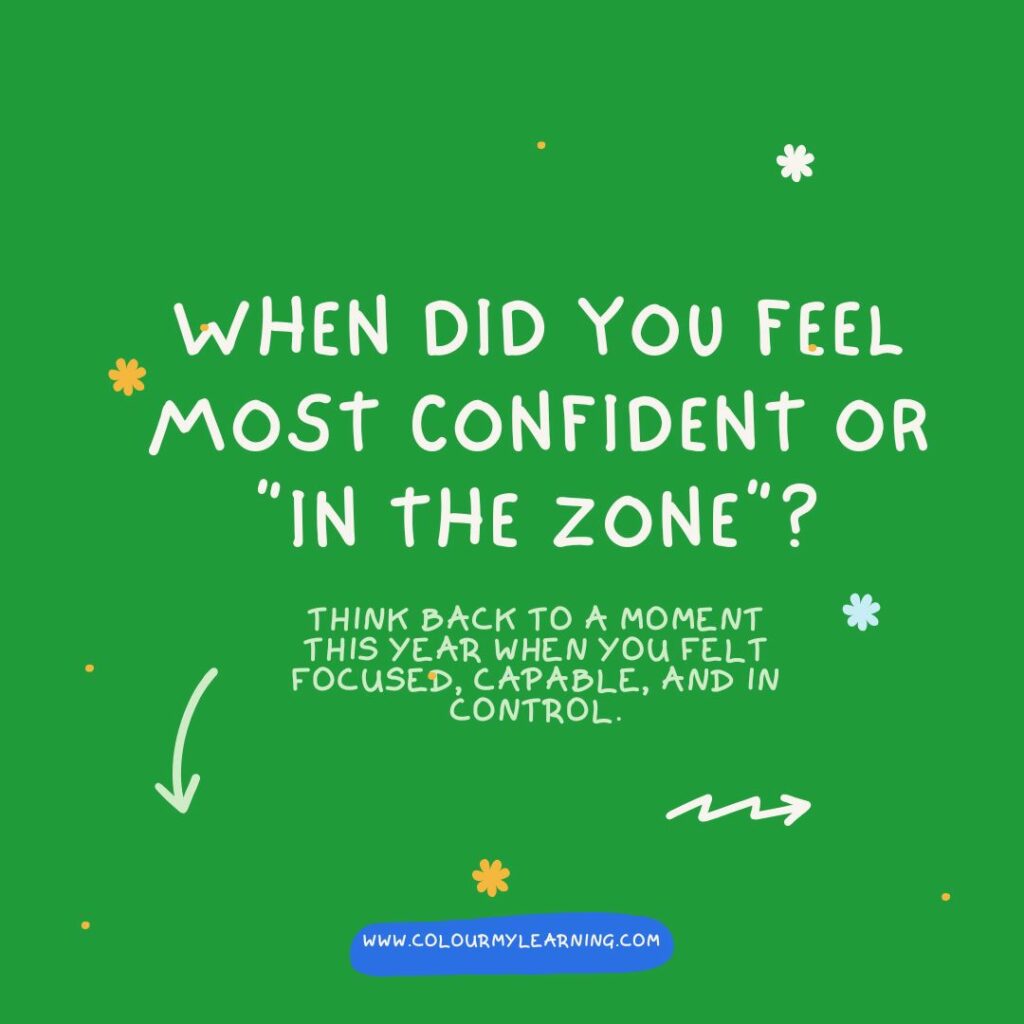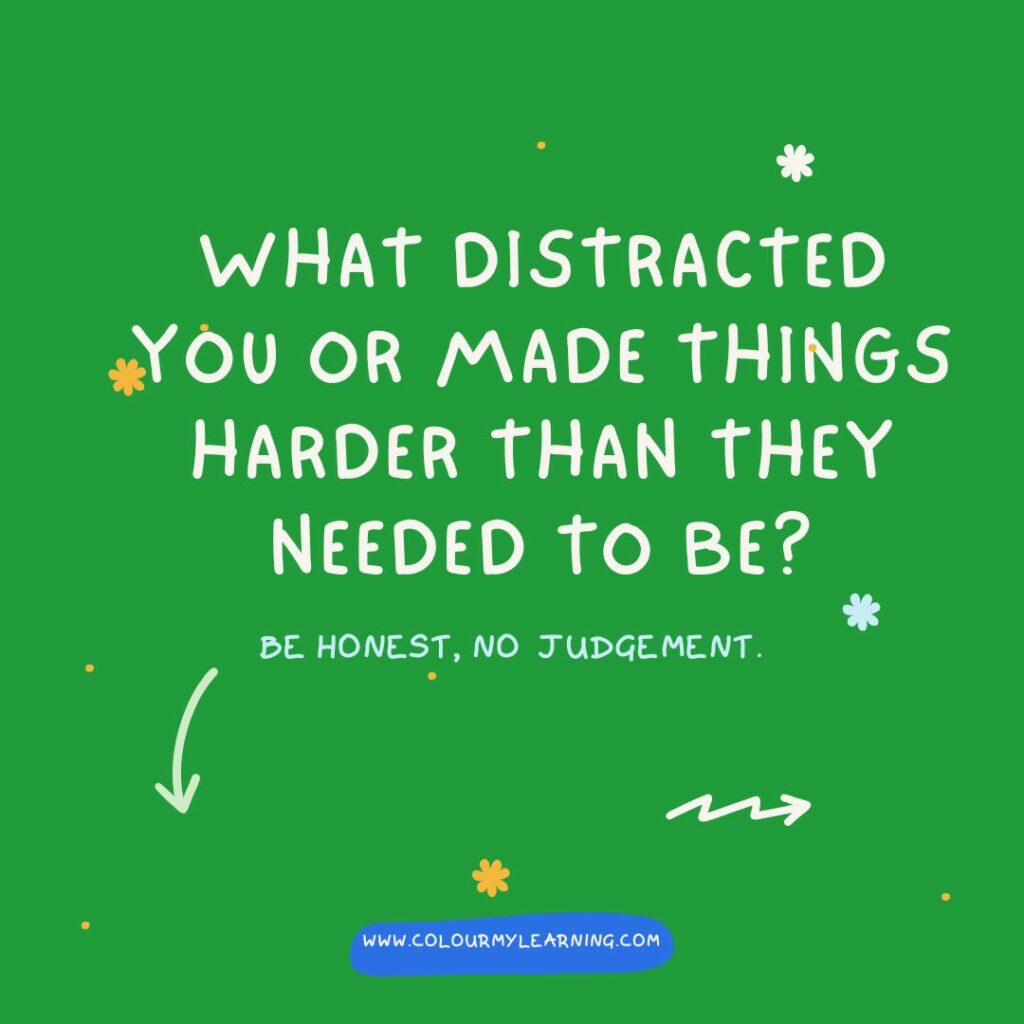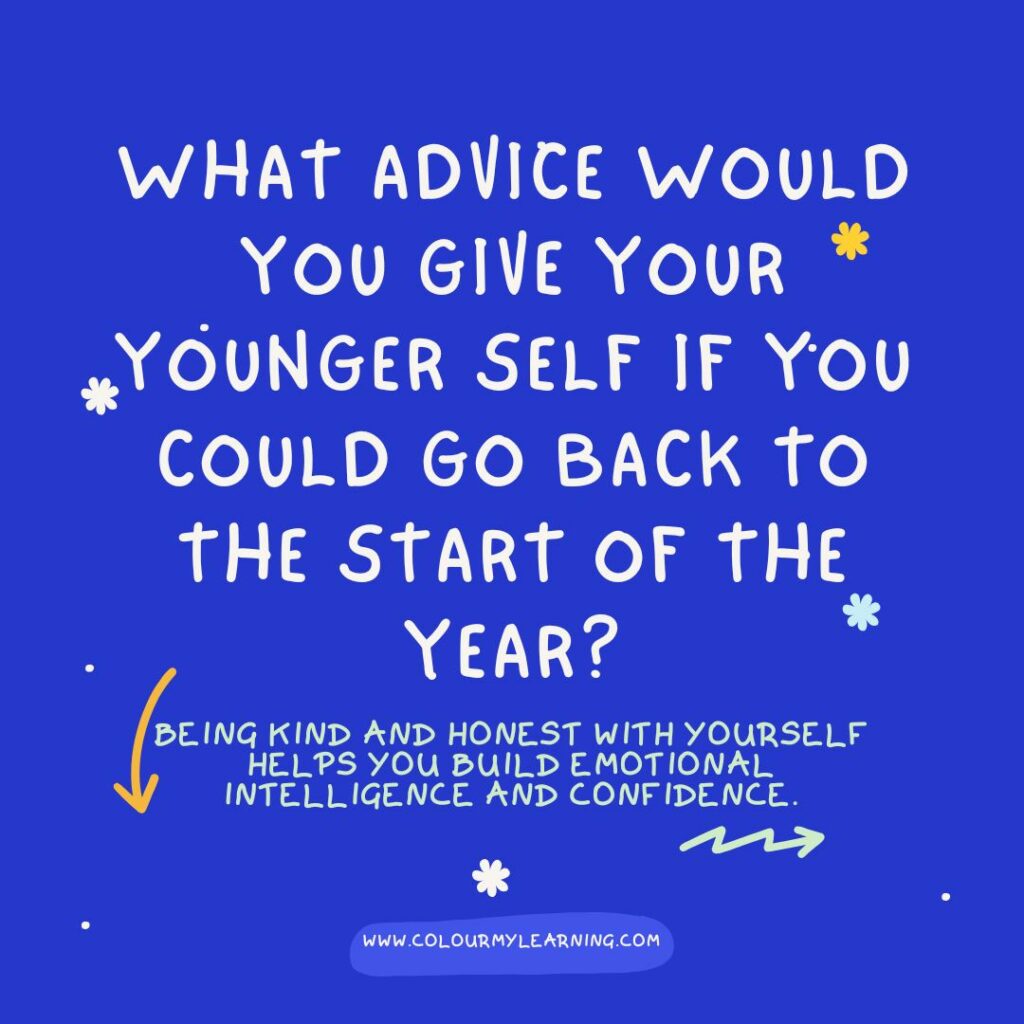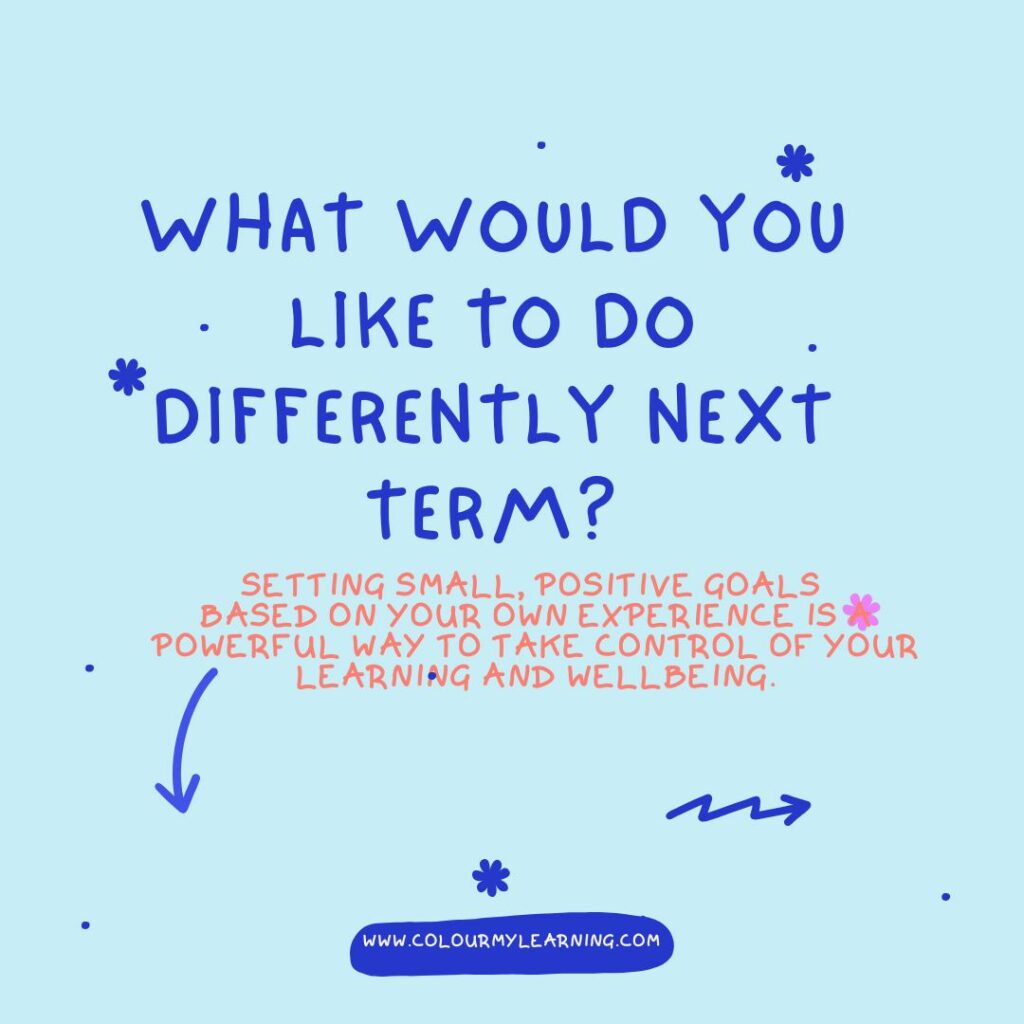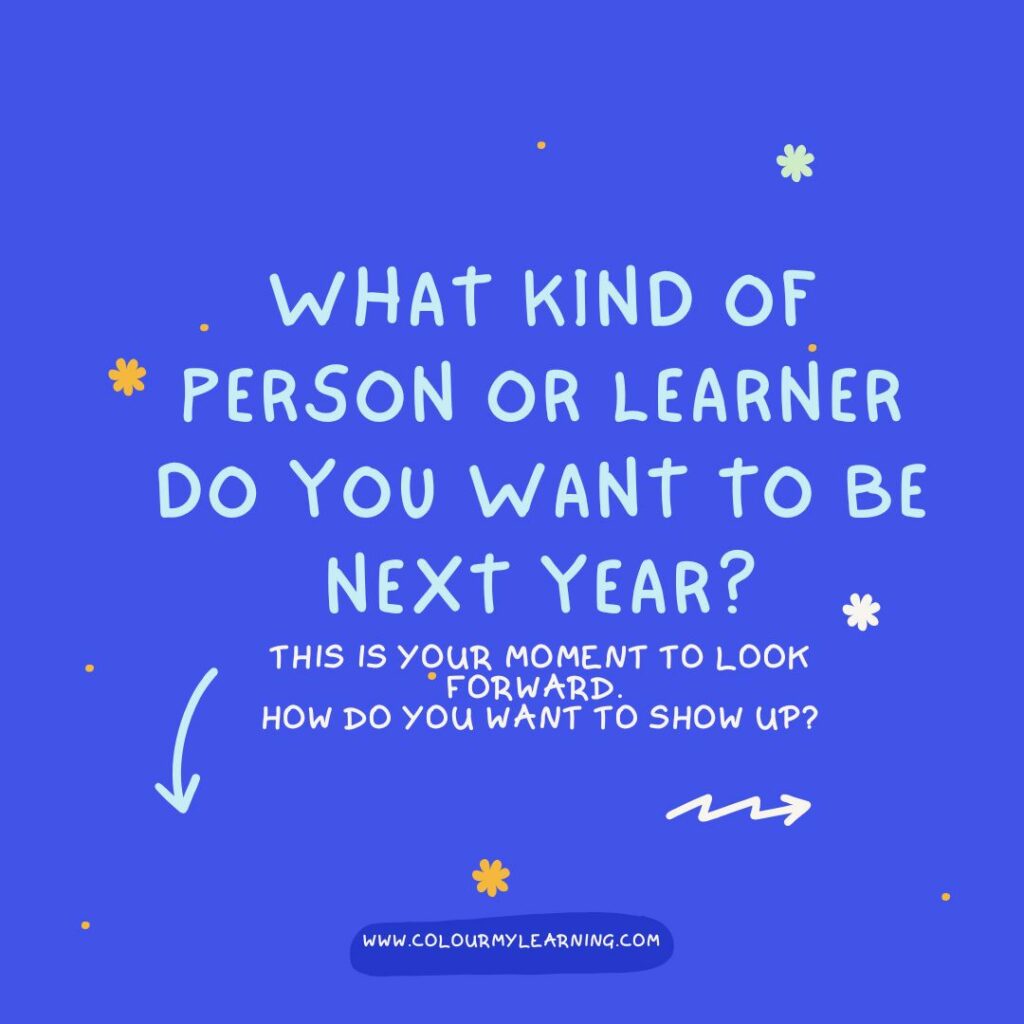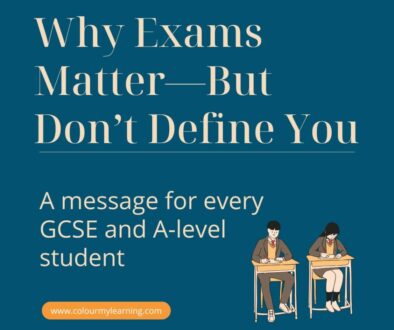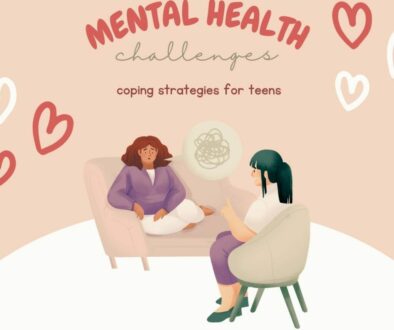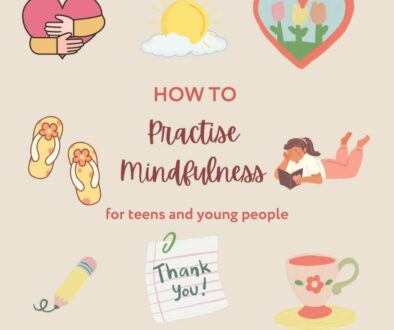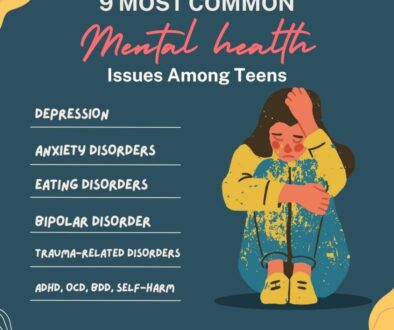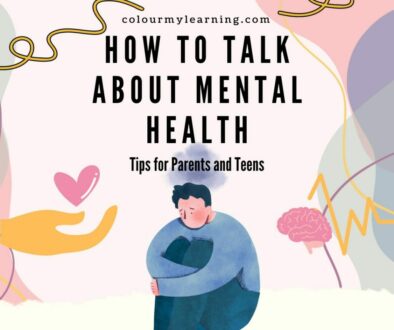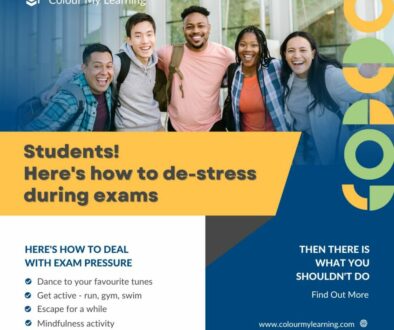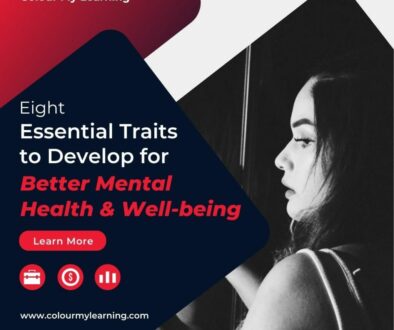Year in Review: 10 End-of-Year Reflection Questions Every Student Should Ask Themselves Before the Summer Holidays
As the school year winds down, it’s normal to feel a mix of emotions — from excitement about the summer holidays to exhaustion from everything you’ve juggled over the past few months. This is the perfect time to pause, look back, and take stock of how far you’ve come. Before diving into a well-earned break, give yourself the gift of reflection. It doesn’t have to be formal or time-consuming — just a quiet moment to think about what worked, what challenged you, and how you’ve grown as a person and as a learner.
Encouraging meaningful reflection, personal growth, and a confident start to the next school year.
This guided end-of-year reflection activity is designed to support secondary school students in reviewing their progress, managing emotions, and developing a positive mindset for the new term. These ten questions are ideal for use in the classroom, during tutor time, or at home.
You’ll also find a free printable worksheet at the end of the post — perfect for journaling or revisiting later over the summer.
10 Questions to Reflect On
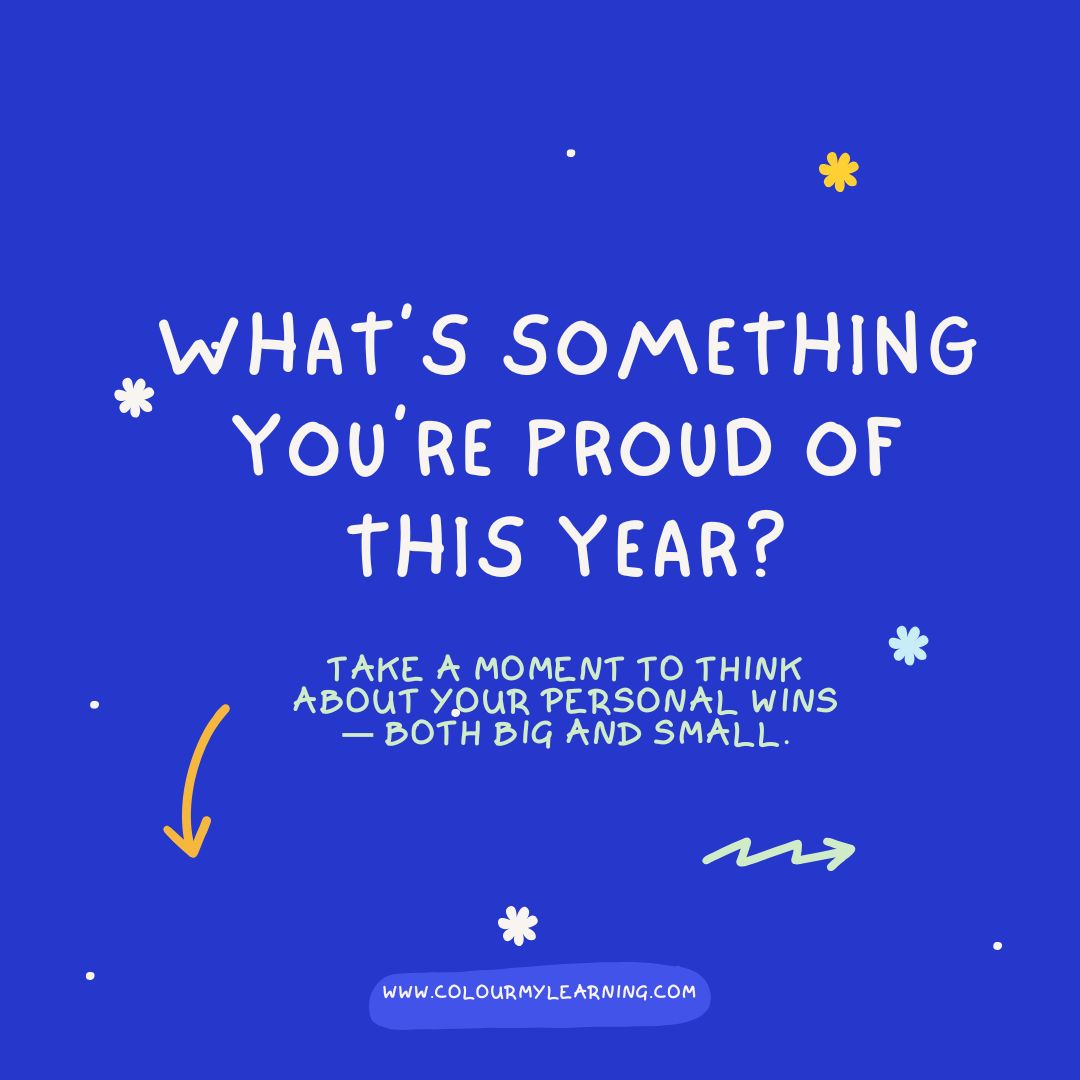
1. What’s something you’re proud of this year?
Take a moment to think about your personal wins — both big and small. It might be an academic success, like improving your English grade or completing a tricky maths module. Or it could be something more personal: speaking up in class, helping a friend, or managing your emotions during a tough time. Reflection builds self-esteem, and recognising moments of pride helps you carry a positive mindset into the next year.
2. What was the hardest thing you faced and how did you get through it?
Every school year brings challenges, whether it’s coping with exam stress, navigating friendships, or dealing with unexpected change. What mattered most wasn’t that the challenge happened, but how you responded. Did you ask for help? Stay calm? Learn something new about yourself? Reflecting on and understanding how you faced difficulty builds resilience, a skill that will help you both in school and in life.
3. What’s one thing you know now that you didn’t know last year?
Learning isn’t always just about memorising facts and getting decent grades. It’s really all about growth. Maybe you finally understood a science topic, learned how to manage your time, or realised how you study best. By identifying something you’ve learned, academic or personal, you’re celebrating progress, not perfection. And this is important.
4. What subject or topic surprised you most?
Was there a topic you thought you’d dislike but ended up enjoying? Did a subject suddenly click, or did a teacher help you see it in a new way? Surprise is often the starting point for curiosity. Noticing where you were unexpectedly engaged can guide your choices in the future — whether for GCSEs, career ideas, or simply growing your confidence.
5. When did you feel most confident or “in the zone”?
Think back to a moment this year when you felt focused, capable, and in control — whether during a project, a presentation, or even just a calm, productive day. What helped you feel that way? Was it the topic? The environment? The support around you? These moments are clues about where you thrive and how to create more of them next year.
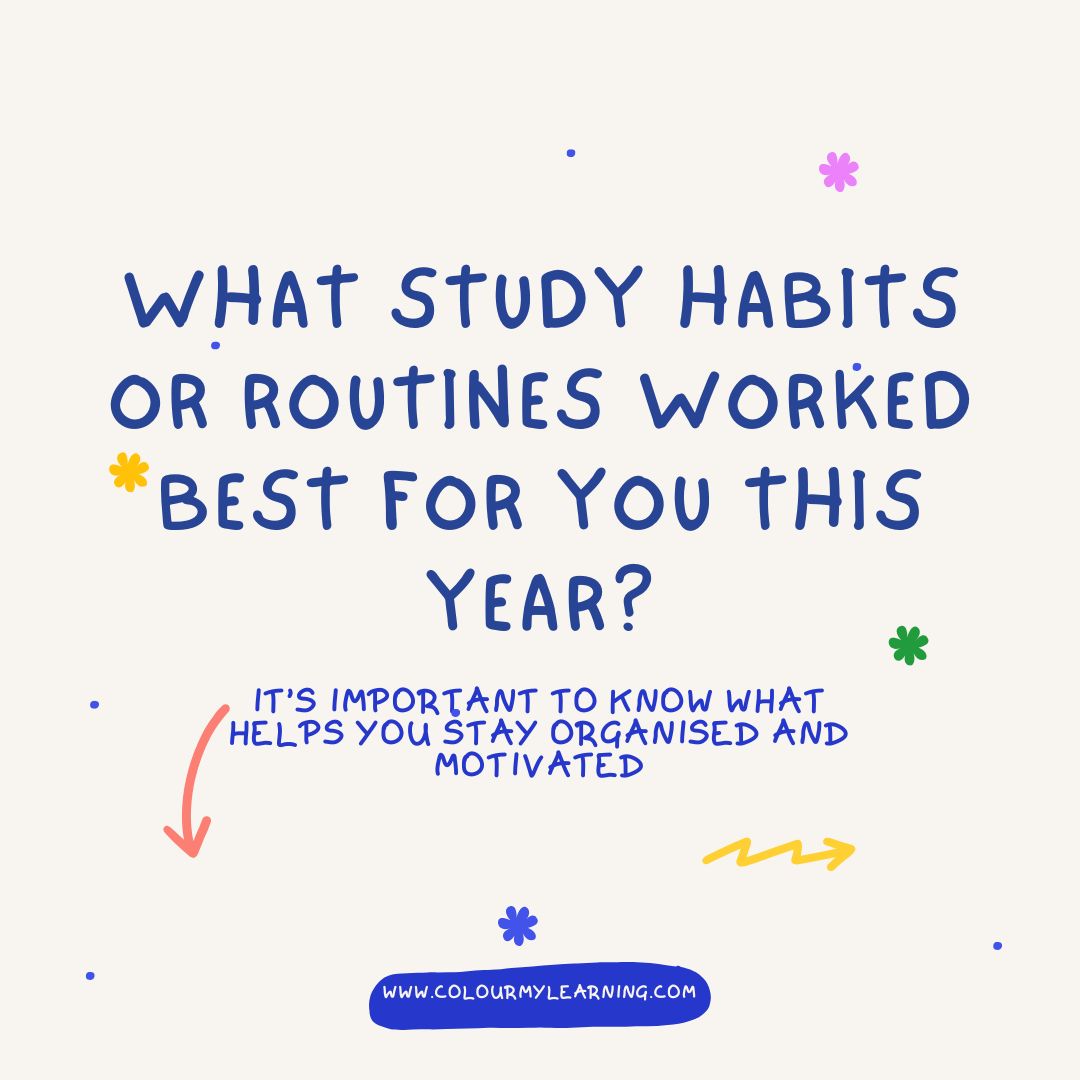
6. What study habits or routines worked best for you this year?
We all have different learning styles. Did you discover that you work best with short, focused sessions? That revising with friends helped? Or that having a planner kept you on track? Knowing what helps you stay organised and motivated is key for building smart, sustainable study habits next term.
7. What distracted you or made things harder than they needed to be?
Be honest, without judgement. Did your phone get in the way? Was procrastination a problem? Did late nights affect your focus? Recognising patterns that slow you down is the first step to changing them. These insights can make a huge difference in how you approach learning next year.
8. What advice would you give your younger self if you could go back to the start of the year?
If you could time-travel to the start of the year, what would you say? Maybe: “Don’t stress so much,” or “Ask for help sooner,” or “Stay organised from the beginning.” This reflection isn’t about regret — it’s about growth. Being kind and honest with yourself helps you build emotional intelligence and confidence.
9. What would you like to do differently next term?
Use your answers so far to guide your thinking. Would you like to be more organised? Speak up more in class? Spend less time worrying? Setting small, positive goals based on your own experience is a powerful way to take control of your learning and wellbeing.
10. What kind of person or learner do you want to be next year?
This is your moment to look forward. How do you want to show up in the classroom, with your friends, or for yourself? This is an opportunity to choose values and behaviours that matter to you. Would you like to like be more confident, more curious, more balanced, or more consistent? Any or all of these are great goals to have.
Bonus Activity:
Write a Message to Your Future Self
Try writing a quick note to your “next term” self — something like:
“Dear me in September… remember how far you’ve come. Be brave. Try again. You’ve got this.”
You can keep it in your journal or phone, or save it somewhere safe to read again when the new school year begins.
Final Thoughts
You’ve made it through another school year — and that alone is something to celebrate. Whether it was your best year or one filled with challenges, you’ve grown. You’ve learned. You’ve shown up. Taking the time to reflect now can help you carry a sense of clarity, calm, and confidence into the next chapter.
From all of us at Colour My Learning, we wish you a restful, joyful summer.
